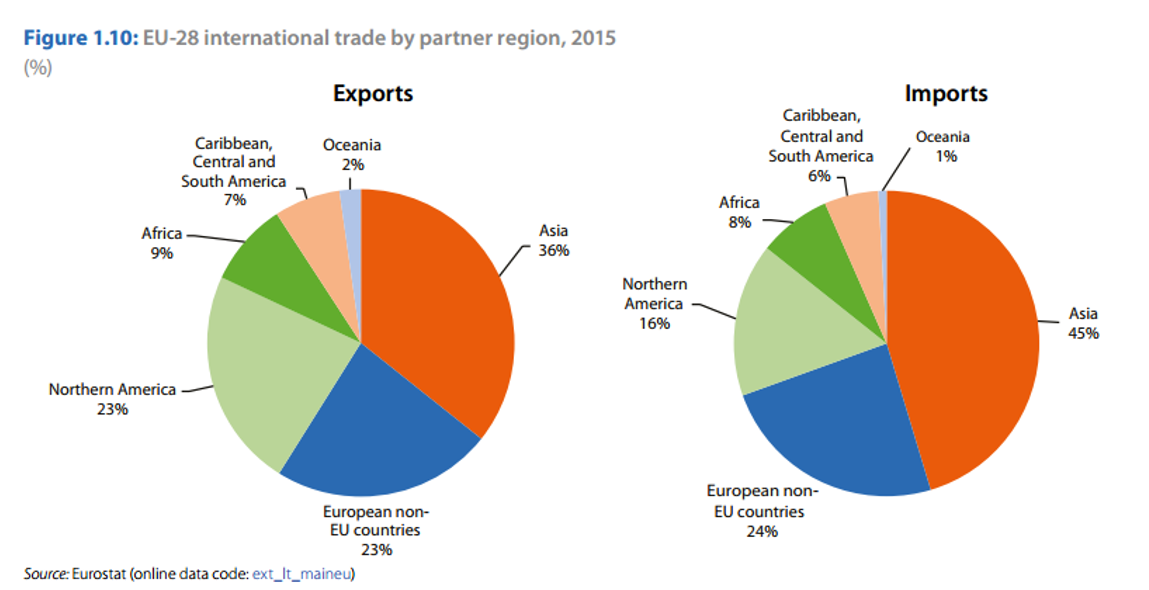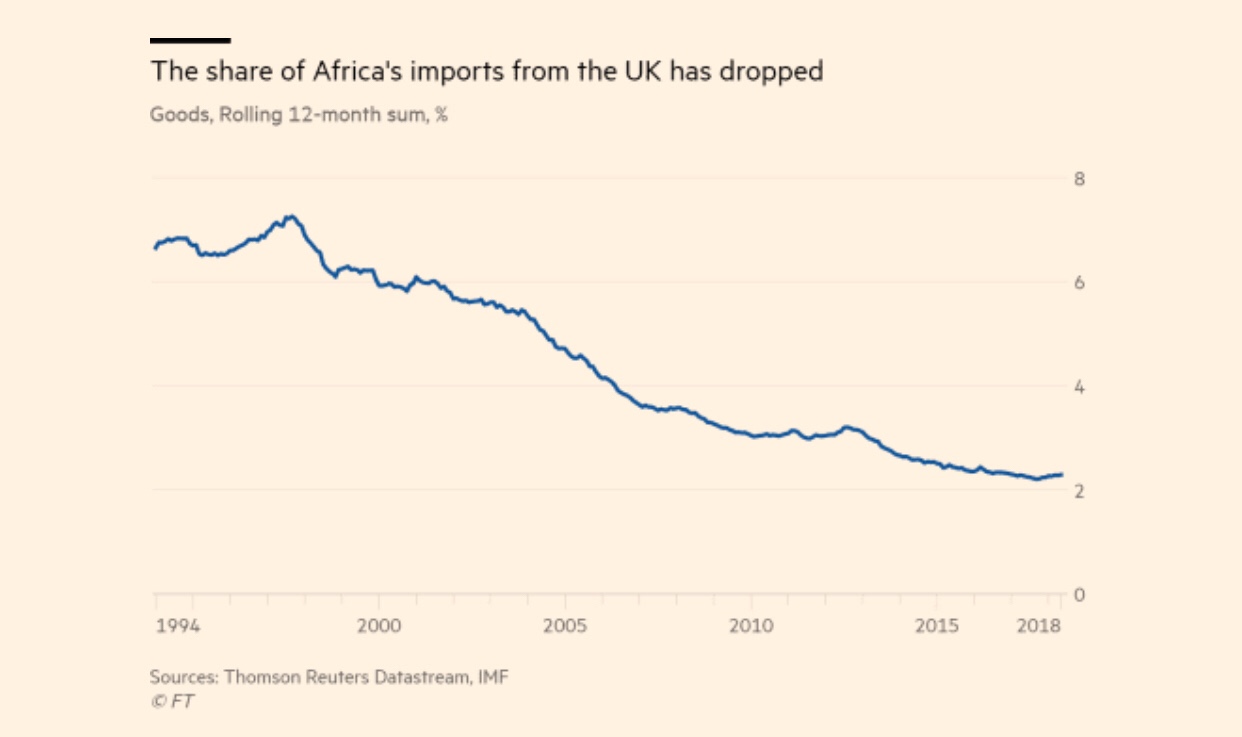Introduction: A New Era of Trade
The United Kingdom and South Africa share a rich history and strong trade ties that have recently gained renewed momentum. In 2021, bilateral trade between the two nations exceeded £8.5 billion, a testament to the growing importance of their economic partnership. This article explores the current landscape of UK-South Africa trade, highlighting its evolution, latest trends, and potential for the future.

Image: www.brookings.edu
Unlocking the Potential: The Bilateral Trade Framework
At the heart of UK-South Africa trade lies a comprehensive bilateral trade framework. This framework encompasses trade agreements, such as the UK-Eastern and Southern Africa Economic Partnership Agreement (EPA) and the Southern African Customs Union (SACU)-EU Economic Partnership Agreement (EPA), which provide preferential tariffs and facilitate the movement of goods and services between the two markets.
Furthermore, the UK-South Africa Trade Working Group, established in 2018, plays a vital role in promoting dialogue, addressing market access issues, and identifying opportunities for collaboration. These initiatives contribute to a conducive environment for trade and investment, encouraging economic growth for both nations.
Key Commodities and Industries: Driving Trade Flows
UK-South Africa trade is characterized by a diverse range of key commodities and industries. South Africa is a major exporter of mineral resources, including platinum, gold, iron ore, and diamonds, which account for a significant portion of its exports to the UK. Conversely, the UK supplies South Africa with a variety of manufactured goods, automobiles, machinery, and chemicals, reflecting the complementary nature of their economies.
In addition to traditional trade, there is growing collaboration in emerging sectors such as renewable energy and fintech. The UK’s expertise in these areas is highly valued by South Africa, which is seeking to diversify its economy and transition to a more sustainable future.
Latest Trends: Technology, Innovation, and Value-Added Trade
The advent of digital technologies and advancements in innovation have had a transformative impact on UK-South Africa trade. E-commerce platforms have facilitated increased market access for small businesses and consumers in both countries, leading to the growth of cross-border trade in a wide range of products.
Moreover, the focus on value-added trade, where goods and services incorporate higher levels of technology and expertise, has become increasingly important. This trend aligns with the development of South Africa’s automotive and aerospace industries, as well as the UK’s commitment to sustainability and innovation.

Image: www.larskarlsson.com
Tips and Expert Advice: Navigating the UK-South Africa Trade Landscape
For businesses looking to capitalize on the opportunities presented by UK-South Africa trade, it is essential to consider the following expert advice:
- Conduct thorough market research: Gain insights into the specific market dynamics, regulations, and competitive landscape to effectively position your products and services.
- Establish strong local partnerships: Collaborate with reputable and well-connected local businesses to tap into their knowledge and navigate cultural nuances.
- Leverage government support and resources: UK Export Finance and other government agencies provide a range of support services, including financing, insurance, and market intelligence, to assist companies with their export endeavors.
- Stay abreast of industry news and trends: Monitor industry publications, attend trade shows, and engage with industry experts to stay informed about the latest developments and opportunities.
Frequently Asked Questions (FAQs)
Q: What are the benefits of increased trade between the UK and South Africa?
A: Enhanced trade can lead to economic growth, job creation, consumer choice, and technological advancements for both nations.
Q: What are the challenges to increasing trade between the UK and South Africa?
A: Some challenges include tariffs, trade barriers, differing regulatory frameworks, and infrastructure limitations, which can hinder the free flow of goods and services.
Q: What is the potential for future trade growth between the UK and South Africa?
A: The future of UK-South Africa trade holds vast potential, with opportunities for collaboration in emerging industries, value-added trade, and sustainable development.
Uk Trade With South Africa
Conclusion: A Call to Action
The UK and South Africa’s trade partnership is on a trajectory of growth and transformation. With a shared commitment to economic prosperity and mutual benefit, both nations have a unique opportunity to harness the full potential of their trade relations. By embracing the latest trends, leveraging expert advice, and addressing common challenges, businesses can contribute to the vibrant and sustainable trade partnership between the UK and South Africa.
Are you interested in exploring the opportunities presented by UK-South Africa trade? Engage with the UK Department for International Trade or the South African Department of Trade, Industry, and Competition to learn more and take the next steps in your trade journey.






